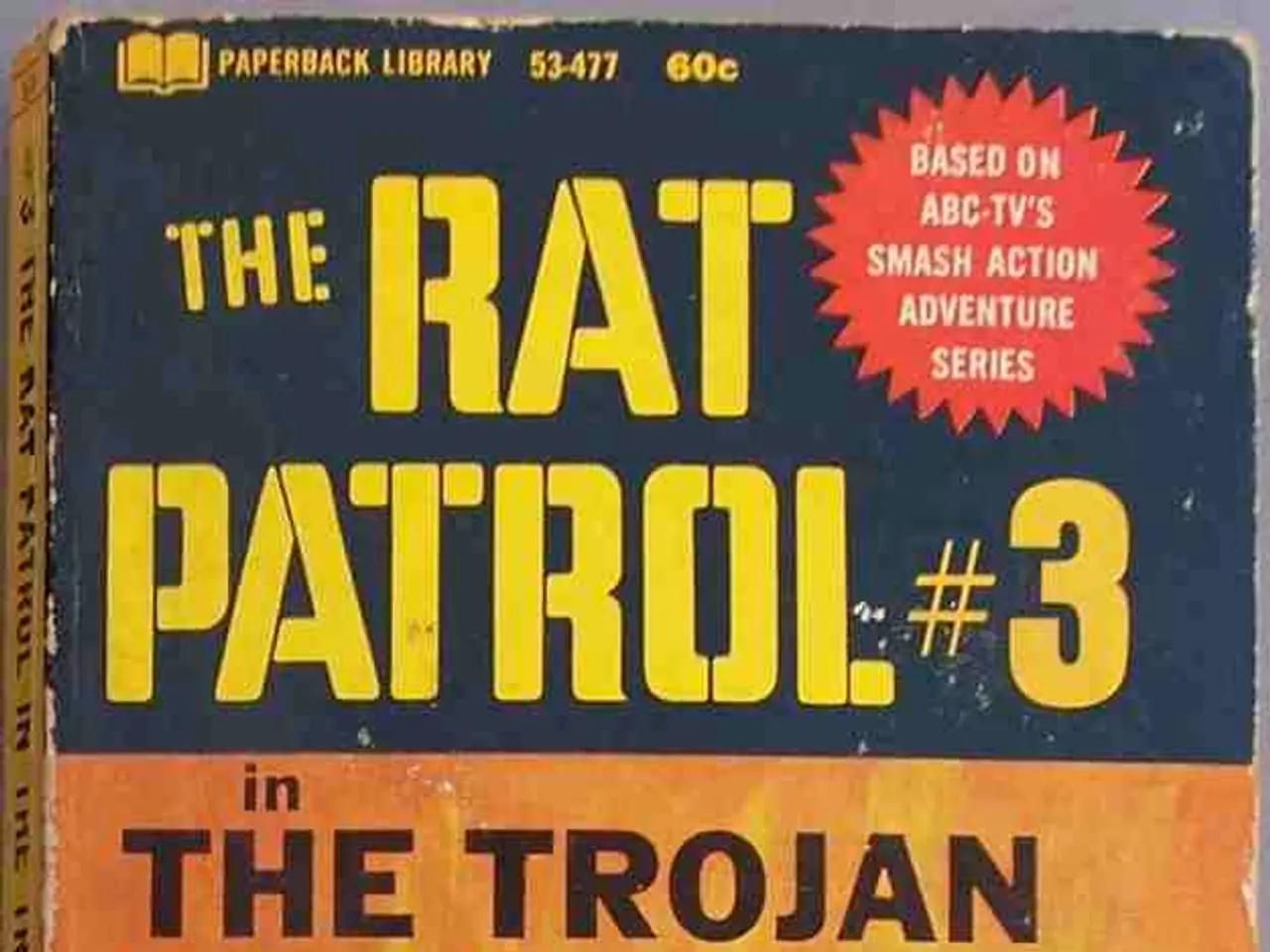Strategic Plan, Installment 1
In the realm of war and strategy, the relationship between morality and conflict has been a subject of great debate among scholars and thinkers throughout history. One such example of this discourse can be found in the connection between a decreasing moral sense and the growth in armament, a concept that aligns with philosophical perspectives such as Thomas Hobbes's view in Leviathan.
During the American Civil War, this connection became strikingly apparent. As the war progressed, a declining moral sense led to escalating preparations for conflict. The North, being modern and more "scientific" in its views, set chivalry aside, marking a decline in morality. This shift towards total war was exemplified by the innovations in warfare by generals Ulysses S. Grant and William Sherman, whose methods systematically ravaged and punished civilians.
Carl von Clausewitz, in his seminal work On War, states that the nature of the disagreement leading to war, and the moral questions involved, determine the intensity of the conflict. Clausewitz's ideas are further expanded upon in the book On War and Morality, where the erosion of moral restraint leads to escalating preparations for conflict. When moral considerations that discourage violence and promote peace decline, societies become more tolerant of war and consequently invest more in armaments to prepare for or engage in warfare.
This vicious cycle is rooted in the idea that the weakening of moral norms undermines efforts to seek peace, thereby driving arms races as a cynical means of securing safety. The existence of weapons of mass destruction today grants to political extremism the means to carry war towards what Clausewitz called "the utmost use of force."
Totalitarian regimes, such as those led by Marx, Lenin, Stalin, Mao Zedong, and Hitler, have a history of engaging in mass murder and genocide. The American Civil War, too, was a steppingstone in the progression from chivalry to total war, with Abraham Lincoln's initial political objective during the war being to "save the Union." However, as the war progressed, he realized that slavery was the South's Achilles heel and changed his grand strategy, announcing the Emancipation Proclamation of 22 September 1862, declaring that slaves held by the rebel states would be "thenceforward, and forever free."
The connection between a decreasing moral sense and the growth in armament is a profound and enduring concept that continues to resonate in contemporary discussions about war and peace. As societies grapple with the complexities of war and the role of morality, the insights gleaned from historical perspectives such as those found in the American Civil War and the works of thinkers like Clausewitz, Hobbes, and others, remain invaluable in our quest for understanding and peace.
[1] Hobbes, T. (1651). Leviathan. London: Andrew Crooke.
- Despite a historical debate on morality and conflict, the link between a diminishing moral sense and increasing military armament is evident, such as during the American Civil War.
- The North's shift away from chivalry towards total war was catalyzed by a waning moral sense, as depicted by the strategic innovations of generals like Ulysses S. Grant and William Sherman.
- Carl von Clausewitz, in his book On War, suggests that the morality behind the disagreement that triggers war influences the conflict's intensity.
- The deterioration of moral norms erodes mechanisms for seeking peace, promoting arms races and political extremism's opportunity to use warfare's "utmost use of force."
- Totalitarian regimes like those led by communist figures such as Lenin, Stalin, Mao Zedong, and Marx have a documented history of war crimes, genocide, and mass murder.
- The American Civil War served as a bridge from chivalry to total war, with Lincoln initially aiming to "save the Union," but later realizing that slavery was the South's weakness, thereby altering his strategy and issuing the Emancipation Proclamation.
- The insights from historical events like the American Civil War and scholars such as Clausewitz, Hobbes, and others continue to be valuable in modern discussions on war, peace, and morality.
- China, Russia, and other nations' contemporary relations and politics in war-and-conflicts, economics, and philosophy are heavily influenced by these enduring concepts linking moral decline and the growth of military armament.






